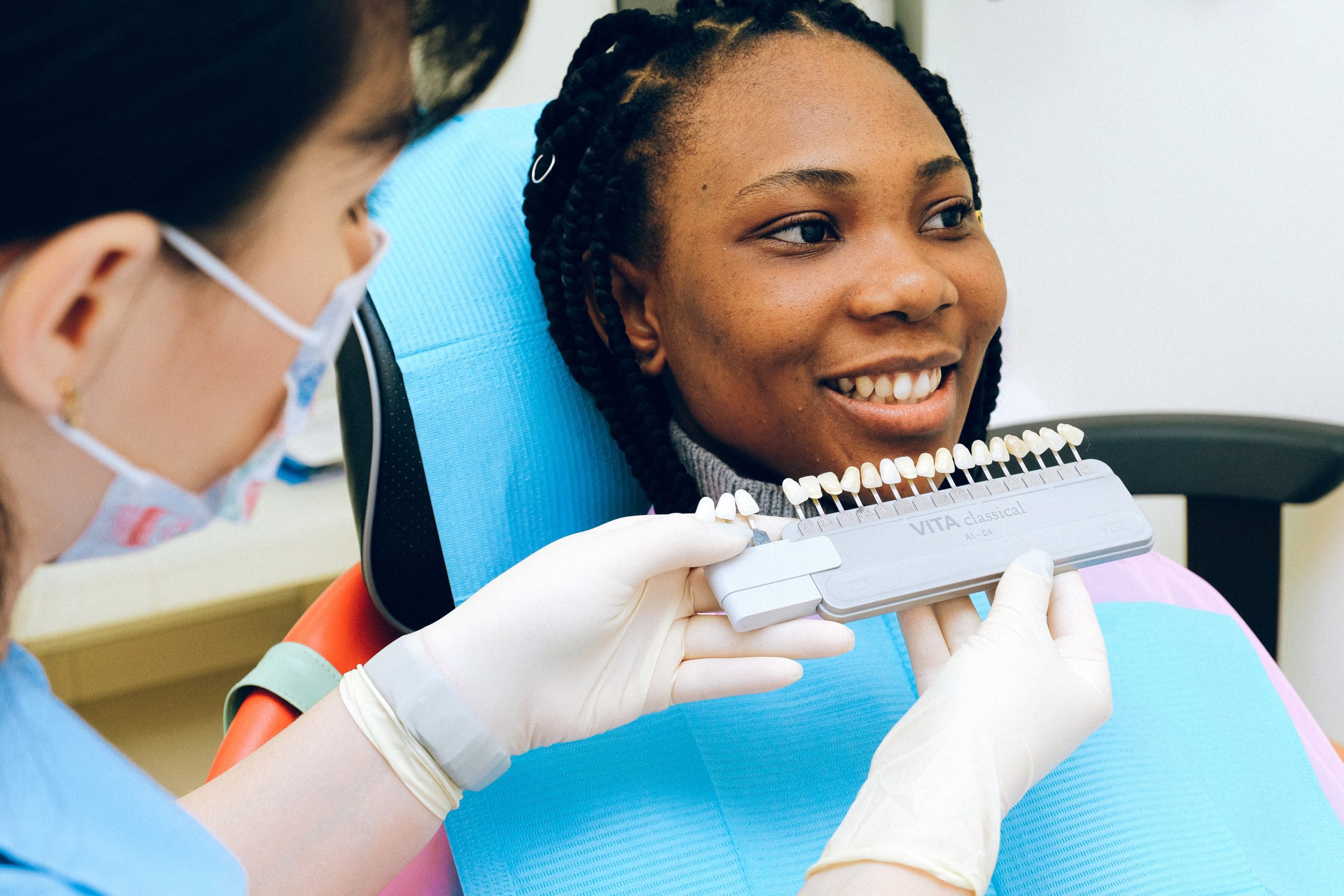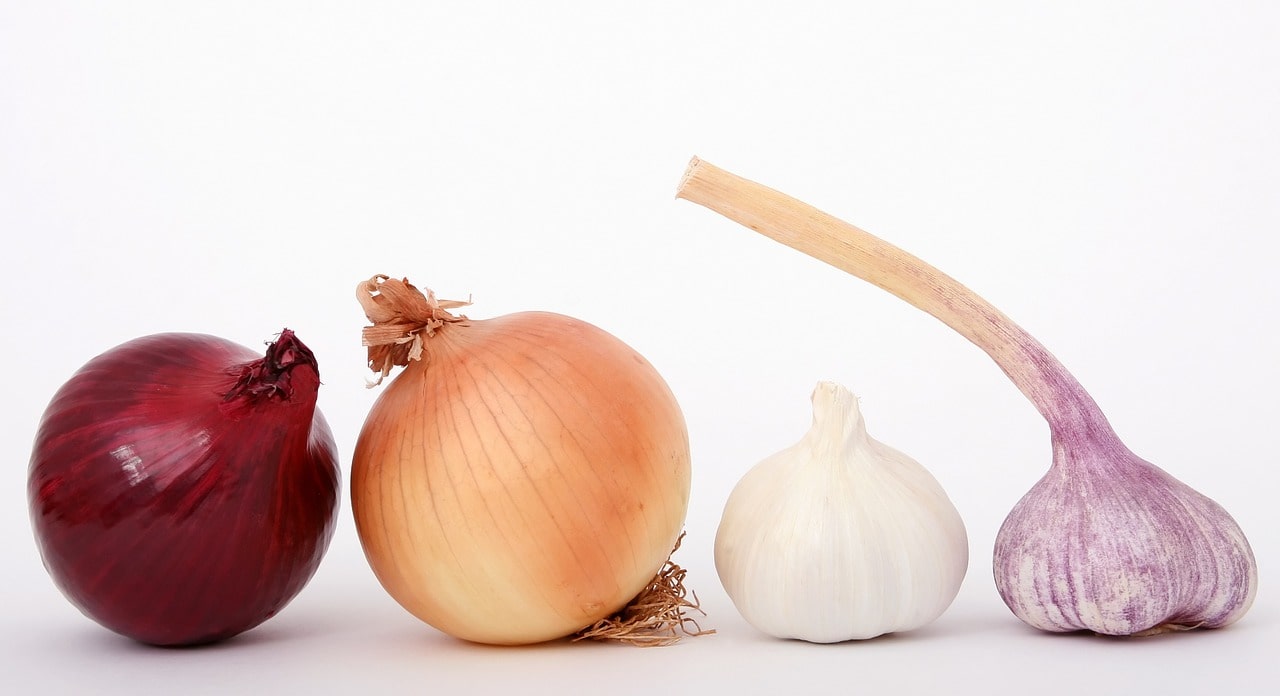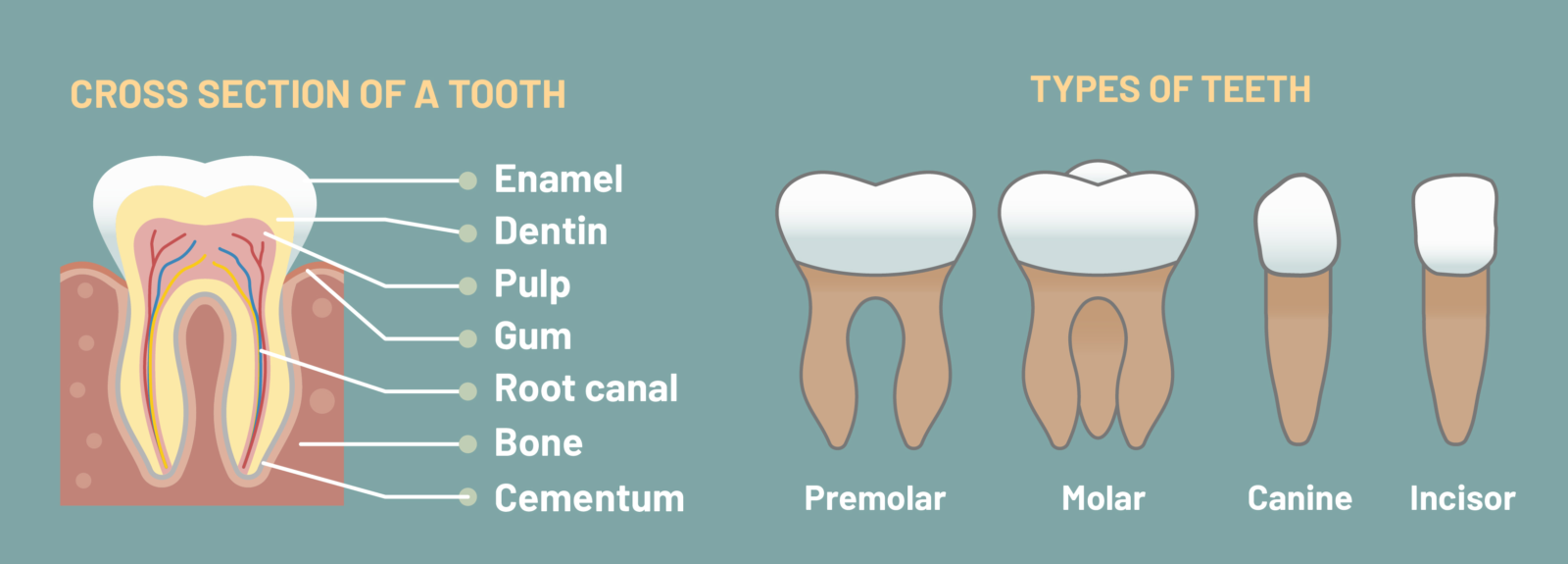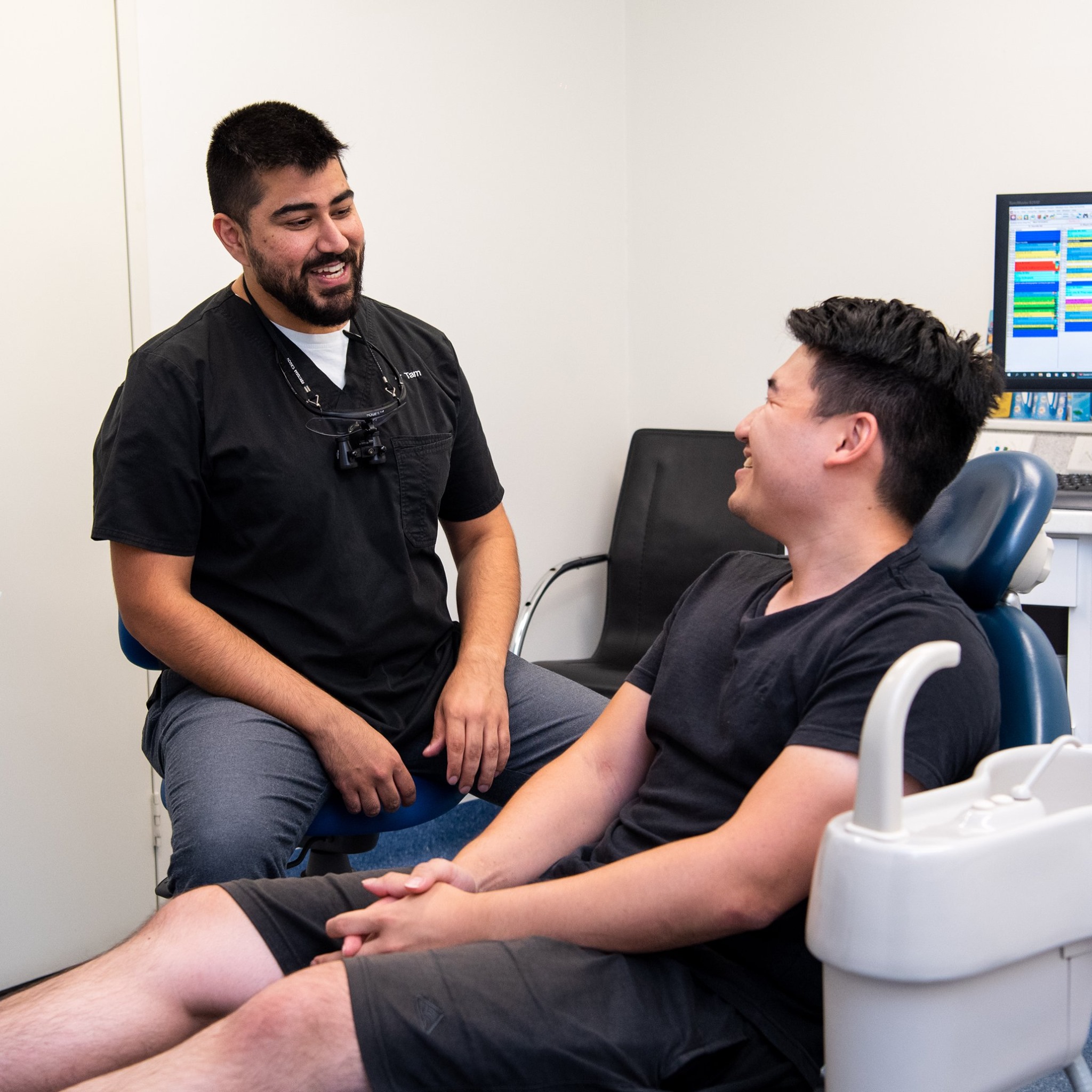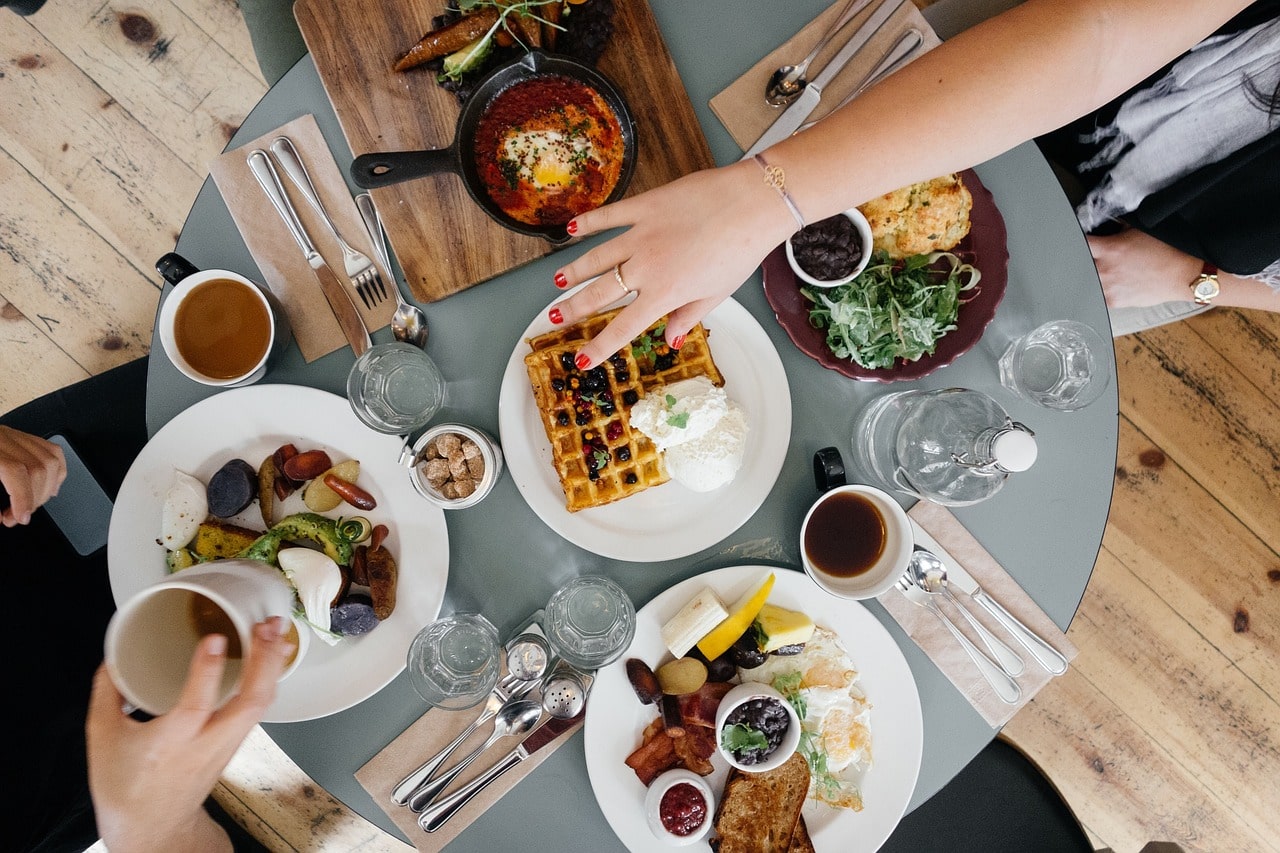
As a child, I was always told to chew my food properly and I never really understood why. Apart from choking on large bits of food, my mother’s voice has been instilled in me forever — ‘chew your food properly and eat with your mouth closed’.
Well, it turns out mum was teaching me a lifelong lesson. In fact, did you know there’s actually a right way to chew your food? According to some, the magic number of times you should be chewing your food is 32 times with every bite.
Now you’re probably thinking 32 times is an absurd amount of times, I mean who has the patience to count to 32 while chewing their food? Well if you’re a steak lover it gets worse. The average chew per mouthful for steak can take up to 40 times. Softer foods like watermelon are easier to break down and only require around 10 to 15 chews.
So why do we have to chew our food properly?
The benefits of chewing your food properly
To simply put, digestion of food starts in your mouth. Chewing your food properly in your mouth helps break down large pieces of food into smaller particles. This reduces the amount of stress placed on your esophagus and helps your stomach digest the food. As you chew, more saliva is produced, which contains digestive enzymes that help begin to break down food and aid with absorption of nutrients.
Chewing slowly and properly has been a strategy for weight management since the beginning of time — 1926 to be exact. A book on obesity, titled Obesity and written by physician Leonard Williams mentions the stomach requires food to be “thoroughly disintegrated by the teeth” and “steeped in saliva”.
Here’s why chewing your food properly is so beneficial to you.
1. Maintain a healthy weight
Ever wondered why you get full quicker if you’re out eating with friends or family but feel hungry 1-2 hours later? It’s possible you’ve filled up on 2 glasses of red or a couple of beers, or that you’ve spent more time talking. But it’s also got to do with the pace at which you’re eating.
A study published in 2012 called “Prolonged chewing at lunch decreases later snack intake”
found that prolonged chewing not only reduces meal intakes, but also snacking two hours later is reduced. While you’re eating, the brain gets sent a message to say that you’re starting to get full. If you don’t chew properly and eat your food too fast, the brain still thinks you’re hungry and this is when you are likely to eat more, which can lead to weight gain.
2. Helps break down food
The longer food spends time in your mouth getting ‘disintegrated’ by the teeth it’s also exposed to certain digestive enzymes which help break down food particles. Lingual lipase in particular, is an enzyme produced by the salivary glands underneath the tongue, which helps break down fats. Fat that is not broken down thoroughly can lead to indigestion.
3. Better absorption of nutrients and energy from your food
Food contains all types of nutrients our bodies need to grow and develop, including proteins. Protein is an essential nutrient because it is broken down into amino acids, which are necessary for the growth and development of muscle. What makes them so important is that we do not create or store amino acids in our body.
Chewing properly helps with the digestion of proteins and ensures better digestion and absorption of amino acids. A study conducted by the American Journal of Clinical Nutrition showed that participants who chewed almonds for longer, smaller particles were better and more quickly absorbed by the body.
4. Better for your teeth
Prolonged chewing produces more saliva, which helps remineralise teeth and restore the pH levels of your mouth after eating acids and sugars, reducing the chances of decay and you ending with fillings.
How to chew your food properly
Before you go and bite off more than you can chew, here’s how you should be chewing your food.
- First of all, don’t overload your spoon or fork. If it’s falling off the sides that’s too much.
- Chew with your mouth closed, with your tongue moving the food from side to side and your jaw rotating slightly.
- Chew slow and steadily, counting to 32 with each bite. We don’t expect you to count 32 times, but just ensure the food in your mouth loses all of its texture before swallowing.
- Wait until you’ve finished the food in your mouth before drinking fluids. Drinking too much fluid while eating can actually slow the digestive process by diluting enzymes in the body which break down food.
What happens when you don’t chew your food enough?
If you don’t chew your food properly, your body may not produce enough digestive enzymes needed to fully break down the food. This can cause digestive problems such as —
- Bloating
- Acid reflux
- Heartburn
- Nausea
- Headaches
- Indigestion
- Gas
Healthy eating tips
- Avoid drinking coffee right after a meal. This can speed up your digestion and send you to the toilet. It may also cause heartburn from the acidity.
- Avoid exercising vigorously after a meal. Your stomach needs as much energy as it can get when digesting well. It’s less efficient when you’re exercising.
- Eat raw or lightly steamed veggies, which contain higher amounts of enzymes and fibre.
- Avoid consuming sugary foods such as fruits and processed sweets after a meal as it may cause gas and bloating.
- Take probiotics. Poor sleeping patterns, travel and inconsistent eating times can throw your digestive system off. Probiotics help your digestive system with healthy bacteria. Always consult your doctor to see which is best suited to your body.
Disclaimer
Always consult your doctor or a specialist for more information surrounding your dietary needs. The aim of this article was to provide you general information on how to chew your food properly and is in no way a substitute for qualified medical advice.








